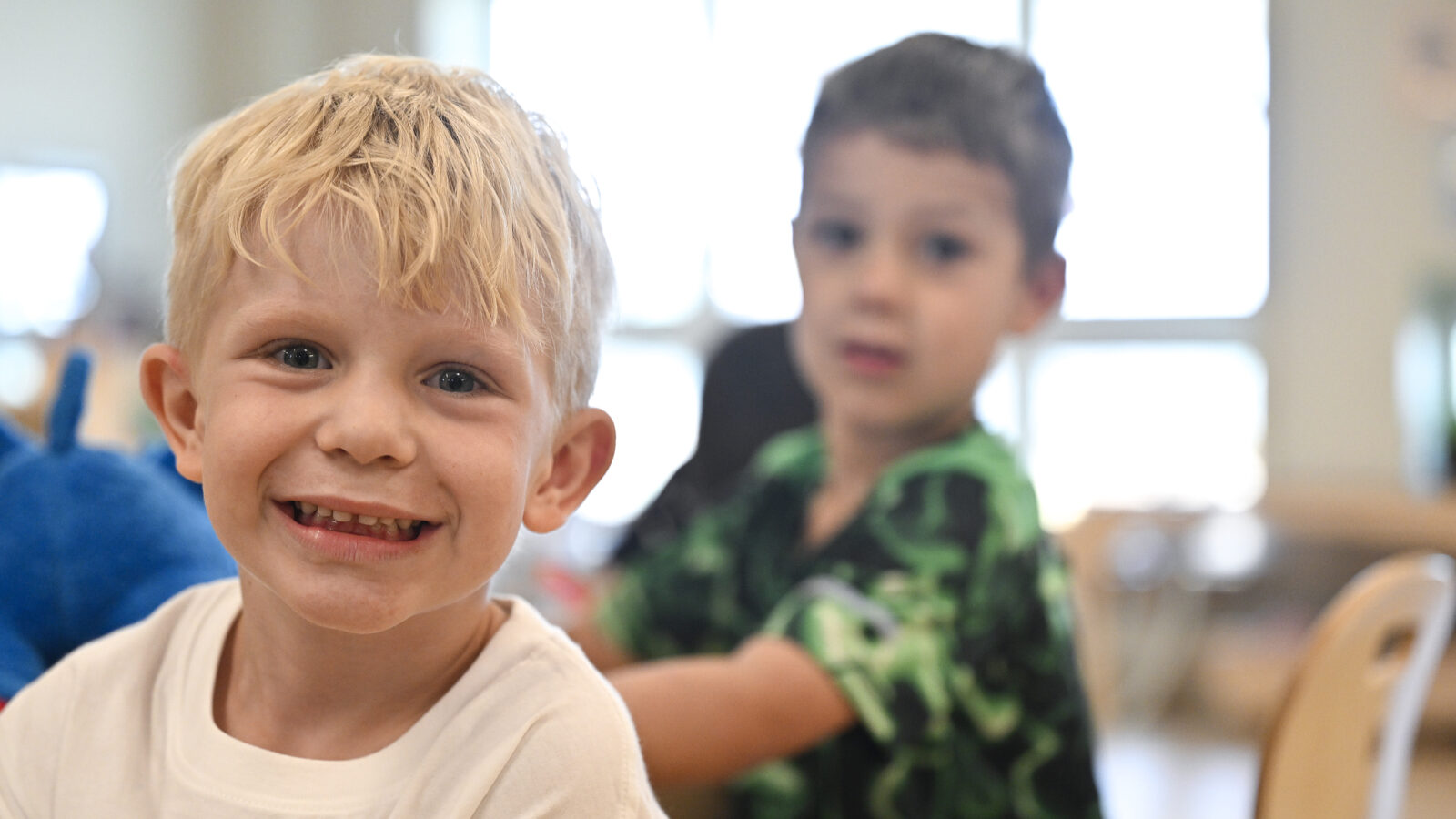Extending Care Beyond the Classroom: National Care for Kids Day

The classroom serves as a cornerstone for nurturing young minds in the world of early childhood education. However, the care and support that children need extends far beyond the confines of the school walls. National Care for Kids Day on September 20 shines a spotlight on the critical importance of providing holistic care for children within all parts of their communities. The annual day calls upon educators, families, and community members to champion the well-being of children in every aspect of their lives. ECE professionals have the ability to inspire others and to advocate for children’s mental, physical, and emotional health outside of their professional day-to-day roles. By engaging in activities such as fundraising, volunteering at children and family organizations, and supporting after-school programs, ECE professionals can play a pivotal role in helping develop thriving neighborhoods and creating enriched communities where children can learn and grow.
The Importance of Extending Care Beyond the Classroom
While ECE programs can be incredibly influential in nurturing a child’s emotional, cognitive, and social development, it is also important to build support systems in other areas of children’s lives. According to research from the Learning Policy Institute, holistic care—which addresses a child’s mental, physical, and emotional well-being—significantly contributes to academic and lifelong success while mitigating the negative effects of poverty on achievement. The long-term benefits of this comprehensive care can include greater creativity, enhanced emotional resilience, and an increased likelihood of graduation and continuing education. ECE professionals can use their role as trusted figures to help create safe, resilient communities in which holistic care is an integral part of early childhood experience.
Ways to Advocate and Create Opportunities
In honor of National Care for Kids Day, here are some examples of ways ECE professionals can help build opportunities for children outside an early learning setting, and support other adults to take on these roles:
1. Tackling Child Hunger: Supporting community food pantries, backpack programs (where families get free groceries for weekends, including healthy, easy-to-prepare food for kid-friendly meals), or after school meal programs helps working families, and ensures young people receive sufficient nutrition to engage in learning. The U.S. Department of Agriculture says more than 14 million children in America faced hunger in 2023, and one in every five children face food insecurity, unsure where they will get their next meal. According to Feeding America’s annual Map the Meal Gap report, approximately one in every six children face food insecurity in Pennsylvania. Feeding America, a non-profit organization that works to end hunger, states child hunger may result in poor academic performance, increased health problems, and developmental differences.
2. Fundraising Initiatives: Launching or supporting fundraising efforts to support community programs for children and families can be a fantastic way to champion holistic education, particularly in support of under-resourced and over-burdened families. Organizing or assisting with community events like workshops, festivals, or excursions can provide children with new experiences and help them build meaningful relationships with peers and caregivers. By collaborating with local businesses and organizations, ECE professionals can foster community cohesion, inspire other adults to get more involved in the community, and create a stable and supportive environment for whole-child developmental support.
3. Volunteering: Offering time, expertise, and training at children’s organizations, such as local shelters, youth centers, or libraries, which are often under-resourced, can make a substantial difference. Volunteering not only improves children’s social skills and intellectual curiosity but can also provide safe spaces for children to develop emotional resilience and build connections with others outside of the immediate family.
4. Supporting After-School Programs: Engaging with after-school programs can offer K-12 children a wide variety of extracurricular activities to bolster physical and social well-being, keeping children safe after school, while helping them discover long-term passions. The level of involvement can vary, from coaching a sports team and leading classes on personal interests, to adopting a more advisory role on a board or leadership team, or offering ‘master classes’ to community members. These programs encourage a child-centered, whole-child approach that aims to ensure that every child is healthy, safe, supported, challenged, engaged, and protected. Supporting after-school programs can also continue connections between children, teachers, and the community.
Let’s Make a Difference!
This September 20 let’s recognize the critical importance of a holistic education for young children and take action to support their well-being beyond the classroom. As ECE professionals, you make a difference in the lives of the children and families you serve on a daily basis. If you want to expand your passion even further, you can maximize your impact beyond your early learning center, and beyond your group of students, by helping communities address issues that are important to them through improving their skills, knowledge, and resources.
On National Care for Kids Day, you have the opportunity to use your expertise to provide opportunities for children, and to support caring adults to learn, increasing their awareness and boosting their confidence.
[At Catherine Hershey Schools for Early Learning, we take a whole-child approach, prioritizing the full scope of children’s needs to support their healthy development and provide a strong foundation for a healthy and successful future.]




